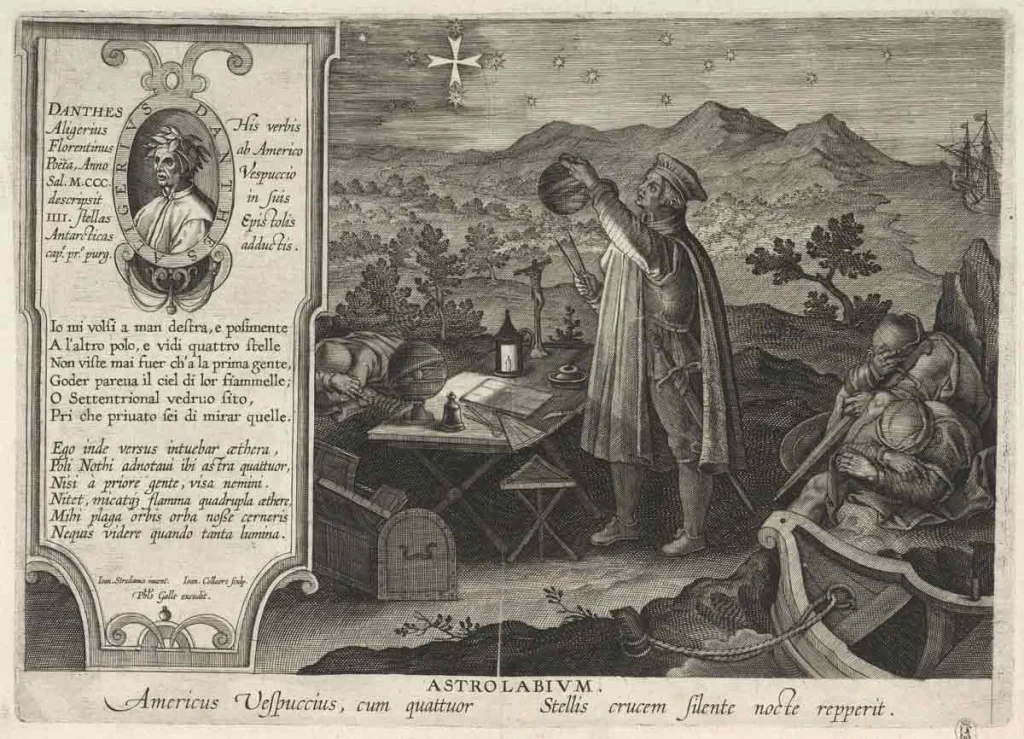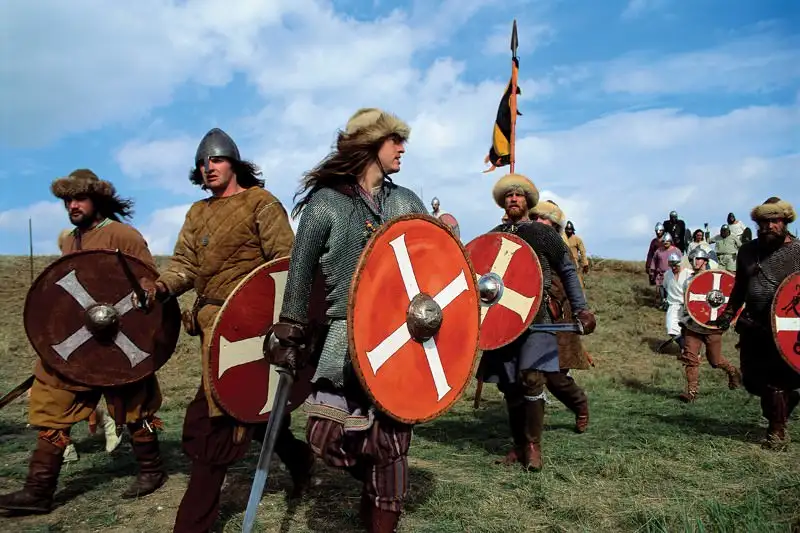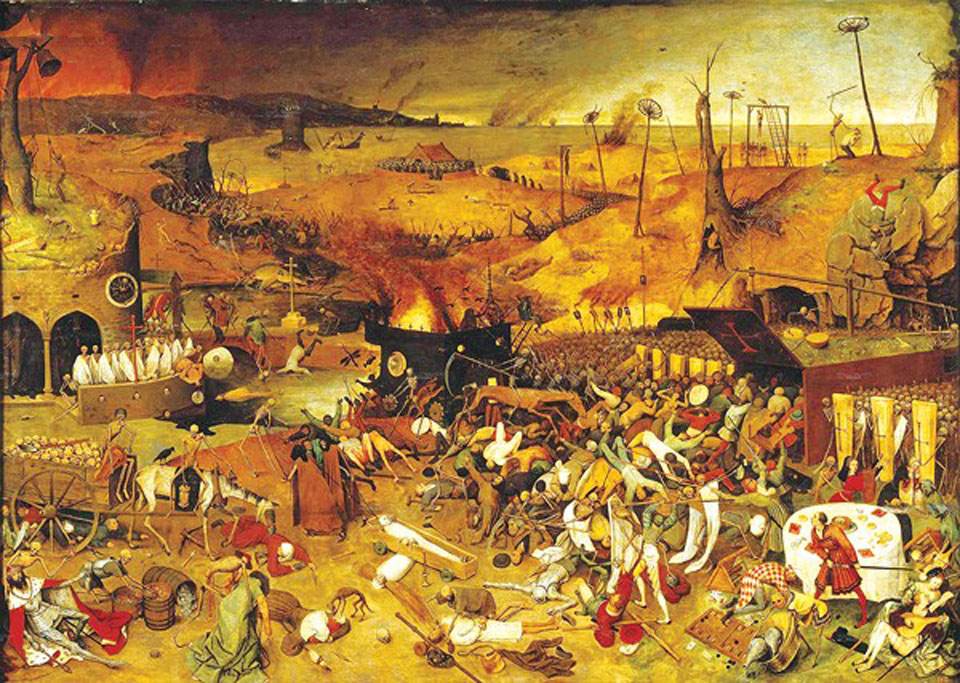In the mists of 12th-century Britain, a man took up his pen and forged a kingdom—not of bricks and mortar, but of myth, memory, and magic. His name was Geoffrey of Monmouth, and with the stroke of a quill, he changed British history forever.
Before Geoffrey, Arthur was barely a whisper—a shadowy warlord mentioned in a few obscure chronicles and bardic poems. After Geoffrey, he was a king, a conqueror, a legend. And more than that, Arthur became Britain’s chosen son, a symbol of unity and heroic destiny.
Geoffrey wasn’t a warrior or nobleman. He was a cleric, a scholar, and most likely a canon of St. George’s church in Oxford. But his imagination was mightier than any army.
📖 The Book That Birthed a Nation: Historia Regum Britanniae
Sometime between 1136 and 1138, Geoffrey completed his most famous work, the Historia Regum Britanniae—The History of the Kings of Britain. He claimed to have translated it from “an ancient book in the British tongue,” given to him by a friend named Walter. Whether that book ever existed remains one of the great literary mysteries of the Middle Ages.
In it, Geoffrey traces the history of Britain from its supposed founding by Brutus of Troy, a descendant of Aeneas, all the way to the Saxon invasions. The narrative is sweeping, romantic, and entirely uncritical. But what it lacks in factual rigor, it makes up for in mythic grandeur.
And at the heart of it stands Arthur.
Not just a king. The King.
👑 The Arthur We Know—Born from Geoffrey’s Mind
Geoffrey’s Arthur isn’t just a defender of Britain. He’s a world conqueror who defeats the Saxons, subdues Ireland, Iceland, and even challenges the Roman Empire. Geoffrey gives us the first coherent life story of Arthur—his conception through magic, his sword Caliburn (an early Excalibur), his noble court, and ultimately his betrayal by Mordred.
It is Geoffrey who introduces Merlin—the mysterious prophet and magician—into the Arthurian tale. Merlin’s origins are expanded in Geoffrey’s earlier work, Prophetiae Merlini, a collection of cryptic prophecies that Geoffrey inserts into the Historia.
Through Merlin and Arthur, Geoffrey creates a mythical Britain that stands as a worthy rival to the glories of Rome.
🏰 Myth Dressed as History
Today, we read Geoffrey’s work and recognize it as pseudo-history—a blend of folklore, invention, and political storytelling. But in the 12th century, his Historia was treated as serious history. It circulated widely, translated into Latin, Welsh, and Anglo-Norman French. For many, this was the true story of Britain.
It provided a glorious, ancient past for a people who were still reeling from the Norman Conquest. Geoffrey’s history gave the British identity a backbone—complete with epic heroes, divine destiny, and moral lessons.
And in doing so, he became not just a chronicler of kings—but a kingmaker of the imagination.
More Stories
📚 Legacy Beyond the Page
The influence of Geoffrey’s Historia is hard to overstate. Without him, there would be no King Arthur as we know him—no Camelot, no Round Table, no chivalric knights on holy quests.
Writers like Chrétien de Troyes, Sir Thomas Malory, and even Alfred, Lord Tennyson built upon Geoffrey’s foundation. His vision inspired medieval romances, Renaissance poetry, and Victorian national pride. Even today, Hollywood blockbusters and fantasy epics owe a debt to the world Geoffrey sketched.
But Geoffrey also shaped politics. Kings and nobles cited his work to legitimize claims to the throne. Welsh princes saw in his stories a reminder of their ancient sovereignty. The idea of Arthur sleeping in Avalon, ready to return in Britain’s hour of need, became a political prophecy, fueling rebellion and hope alike.
🧠 A Clever Scholar, Not a Credulous Fool
Some medieval scholars mocked Geoffrey for his tales, calling them lies. But it’s unlikely Geoffrey ever believed he was writing strict history. He was writing mythic history—a genre closer to Homer than Herodotus.
He wasn’t just making up stories; he was creating meaning.
In a time of invasion, upheaval, and shifting identities, Geoffrey offered the Britons a past to be proud of. One where they weren’t just victims of fate, but heroes in their own right.
🏛 Geoffrey’s Enduring Imprint
Geoffrey of Monmouth likely died around 1155, having been made bishop of St. Asaph in Wales shortly before. But his legend lived on.
Through Arthur, Merlin, and the kings he penned into memory, Geoffrey gave Britain a national epic. He didn’t just invent stories—he invented a cultural identity, cloaked in crowns, swords, and stars.
And in doing so, he became one of the most influential mythmakers in all of Western literature.










































